Afghanistan: The Question of Pakistan’s Complaints
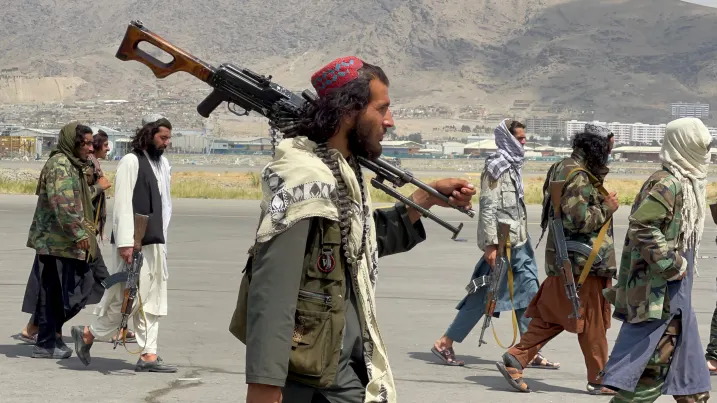
Taliban’s acting Foreign Minister Amir Khan Muttaqi asked why only Pakistan complains about terrorism in Afghanistan. The truth is clear; Pakistan bears the heaviest burden. Since 2021, the Taliban regime has turned Afghanistan into a hub of terror and oppression, leaving Pakistan to face staggering human, economic, and security costs while the world watches.
Narrative by Design: Al Jazeera’s Editorial Tilt on the Pakistan–TTP Conflict
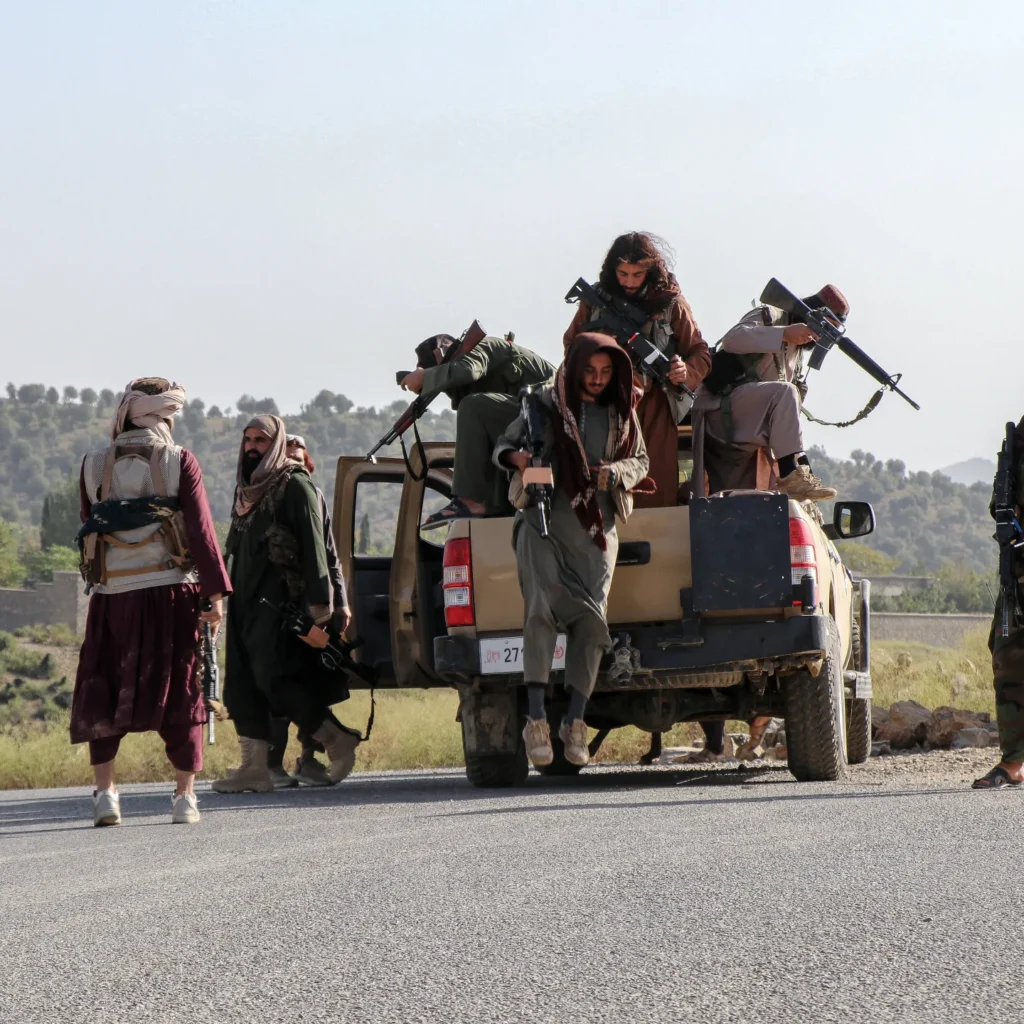
Al Jazeera’s reputation for alternative journalism contrasts sharply with its recent reporting on Pakistan’s conflict with the TTP and tensions with the Afghan Taliban. A close review shows consistent editorial choices that soften the Taliban’s image, reframe terrorist violence as resistance, and cast Pakistan’s counter-terrorism actions as aggression—ultimately reshaping the narrative in Kabul’s favour.
The War on Knowledge: History, Ideology, and Strategic Goals of TTP Attacks on Educational Institutions
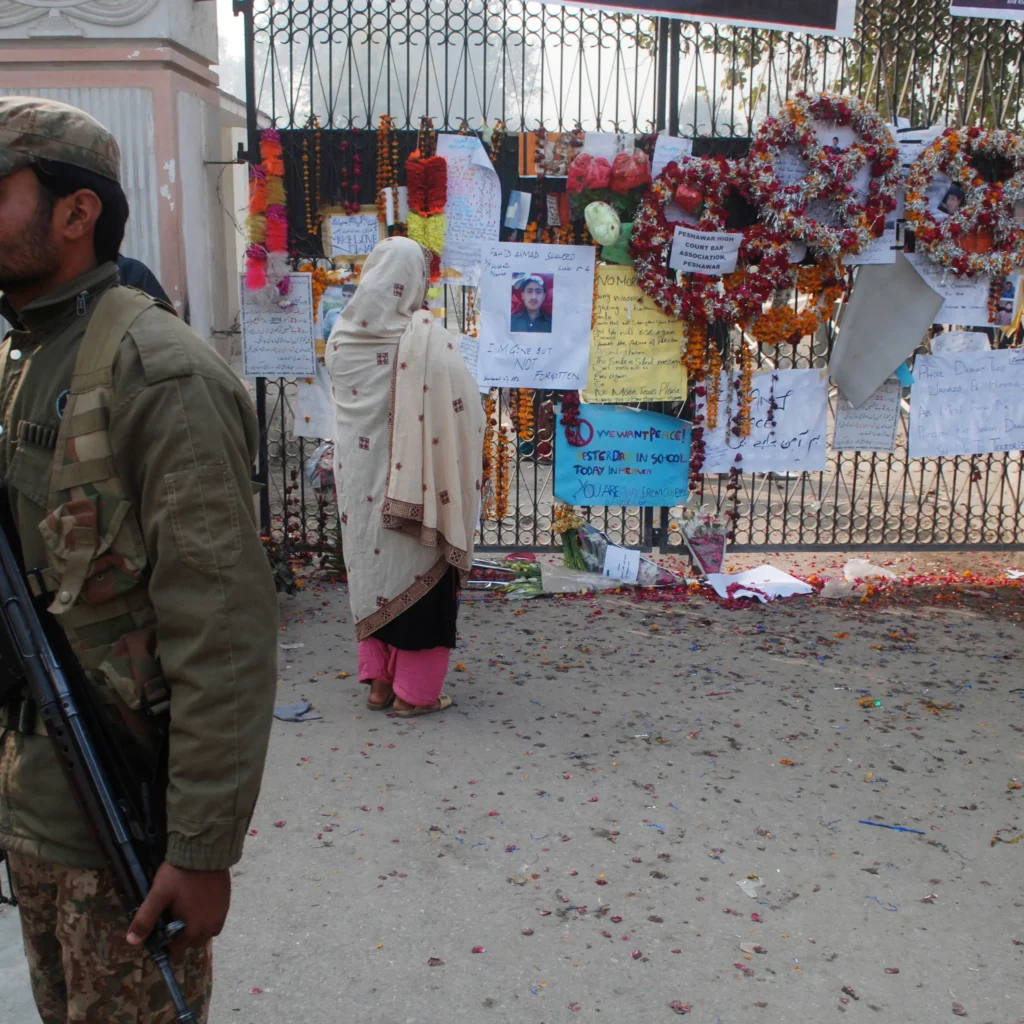
The TTP’s war on education is a deliberate campaign to reshape society by destroying schools, suppressing knowledge, and undermining state authority. Rooted in ideology, coercion, and strategy, these attacks target Pakistan’s future by dismantling its most vital institutions of learning.
Why Kabul’s Trade Boycott Hurts Itself More Than Pakistan
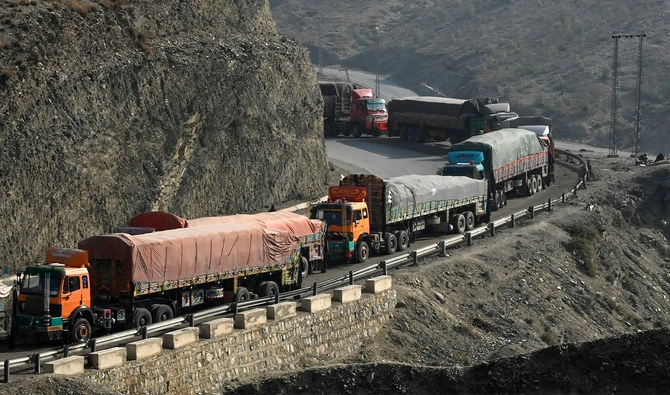
Afghanistan’s bid to pivot trade away from Pakistan after the October 2025 closures reveals the limits of sovereignty without geography. Islamabad’s leverage remains structural, grounded in security and logistics, not coercion.
The Re-Emergence of Terror: Afghanistan as a Global Terrorist Hub
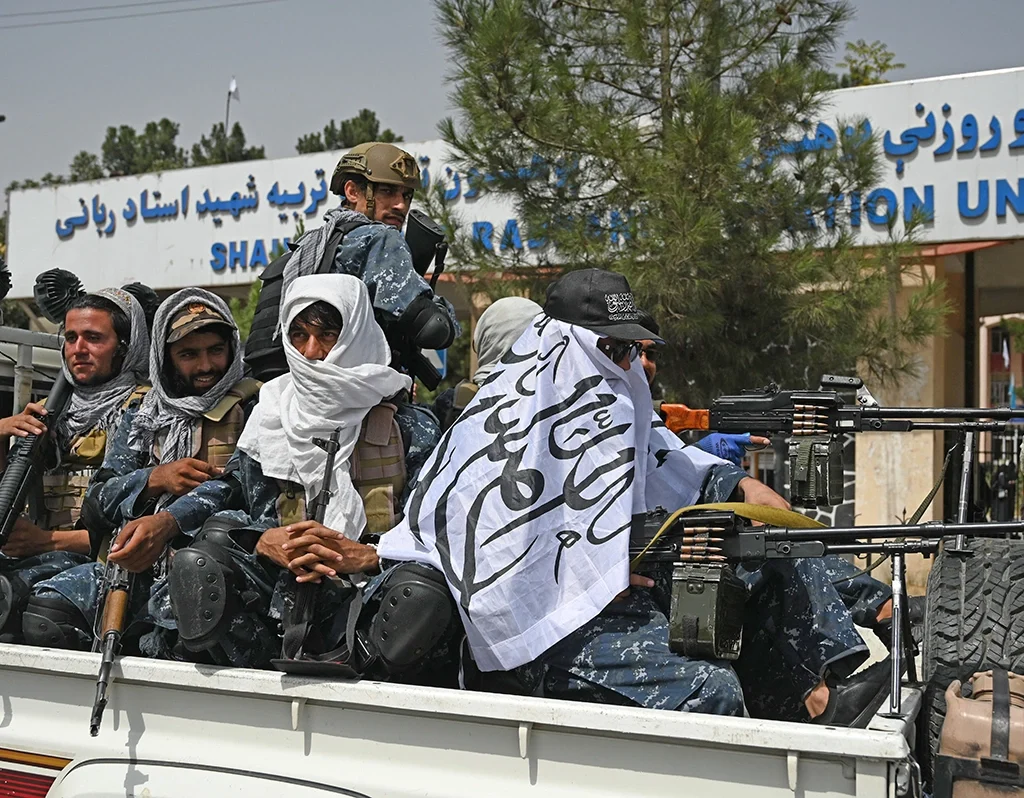
The Taliban’s return to power has revived Afghanistan’s role as a global Terrorist hub. Despite pledges under the 2020 Doha Agreement, the regime continues to shelter and enable groups such as Al-Qaeda, TTP, and ETIM, creating a volatile nexus of terrorism that threatens regional stability and global security. As internal conflicts deepen and governance collapses, Afghanistan’s transformation into an ideological sanctuary ensures a cycle of chaos and suffering that primarily victimizes its own people.
The Taliban’s Broken Promises: Time for a New U.S. Strategy in Afghanistan
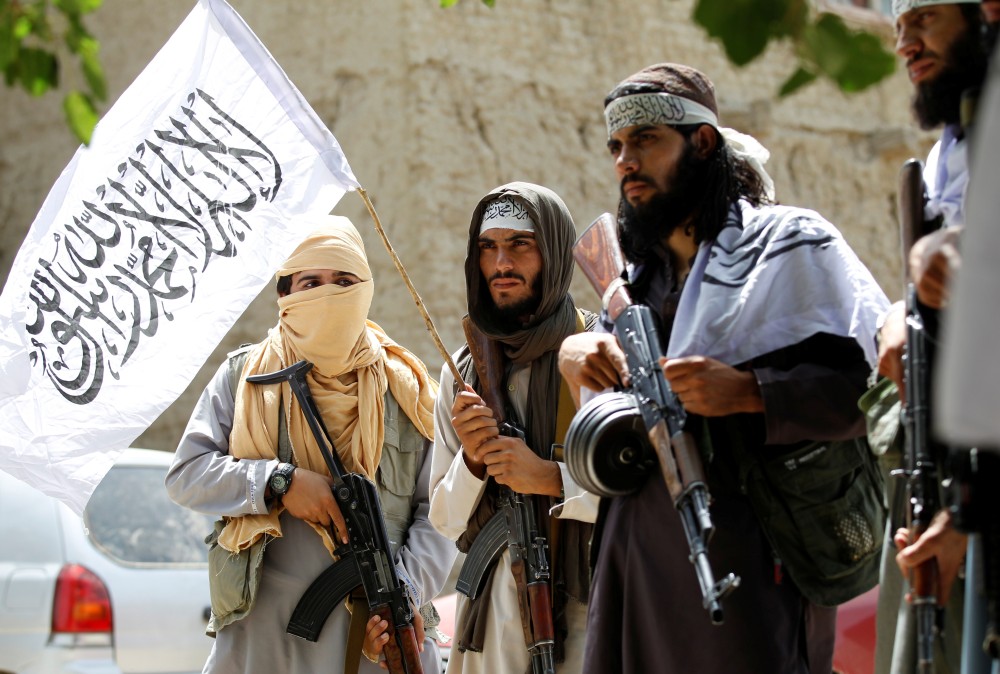
Since the Taliban’s return to power, Afghanistan has once again become a hub for militant activity despite their promises under the 2020 Doha Accord. UN and SIGAR reports reveal that Afghan soil now shelters TTP, Al-Qaeda, and ISIS-K operatives involved in cross-border attacks, particularly against Pakistan. The Taliban’s failure to uphold intra-Afghan dialogue, misuse of international aid, human rights abuses, and deception in regional agreements have eroded trust globally. With terror networks thriving under their protection, it is time for the U.S. and international community to adopt a new, accountable strategy toward Afghanistan’s Taliban regime.
Instability as Strategy: How India Benefits from the Afghan-Pakistan Breakdown
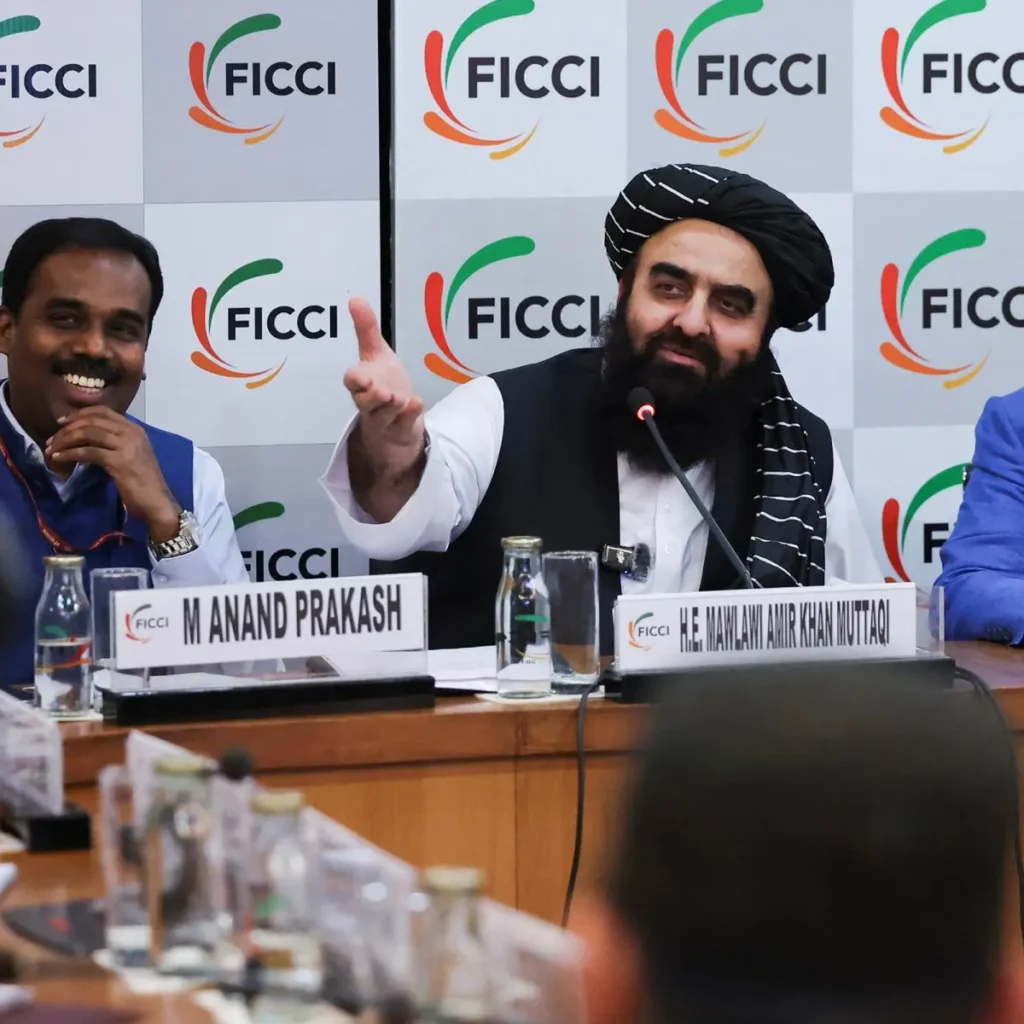
The escalating tensions between Pakistan and Afghanistan’s Taliban-led regime have reignited South Asia’s most volatile frontier. As cross-border attacks intensify and the Taliban refuses to dismantle the Tehreek-e-Taliban Pakistan (TTP), Islamabad faces mounting security and sovereignty challenges. Yet, amid this chaos, India emerges as the silent beneficiary, leveraging regional instability to weaken Pakistan strategically while maintaining its image as a victim of terrorism. This calculated exploitation threatens to entrench South Asia in a new cycle of proxy conflict.
Broken Promises: The Taliban’s Betrayal of Global Commitments
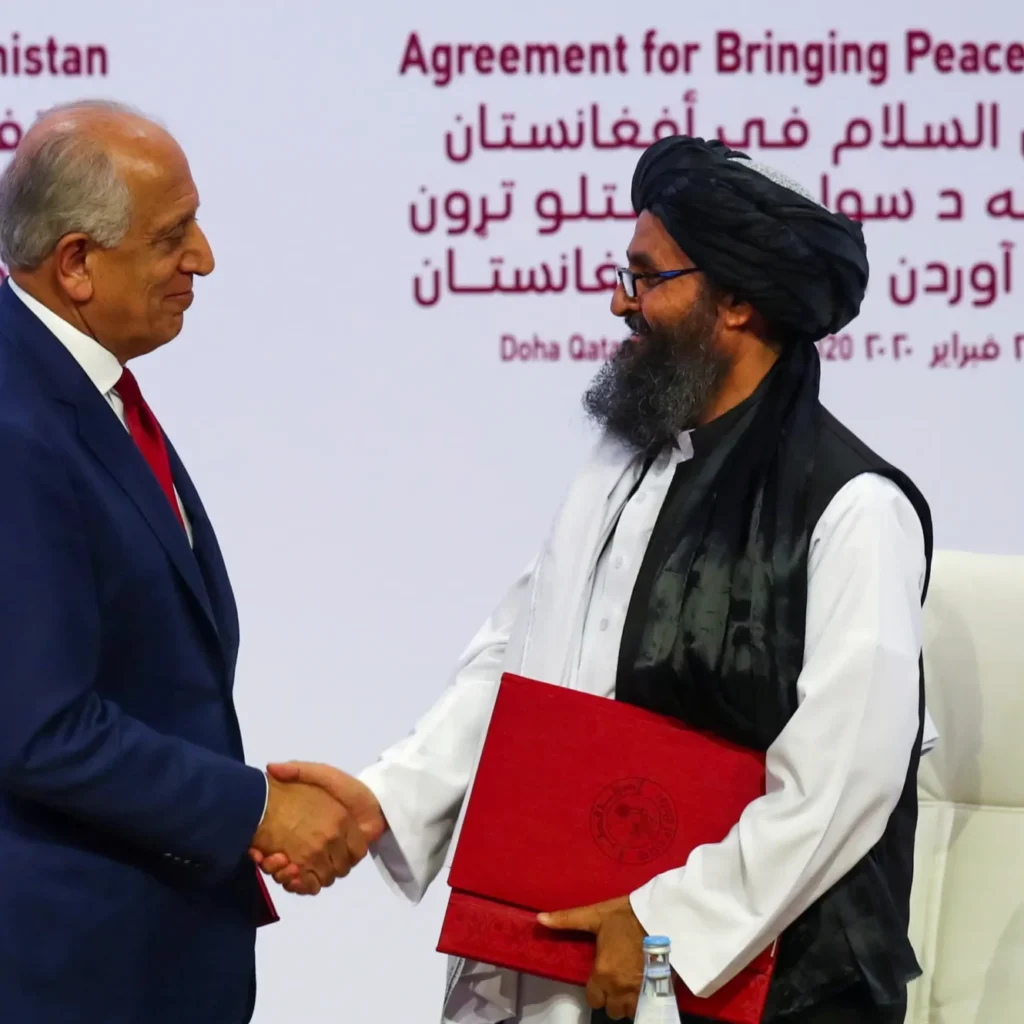
Nearly three years after seizing power, the Taliban’s systematic violation of their international commitments under the 2020 Doha Accord has transformed Afghanistan into a sanctuary for terrorism, entrenched an autocratic regime, and institutionalized gender apartheid. Beyond moral failure, this deceit poses a grave threat to regional stability, international counterterrorism efforts, and the credibility of global diplomacy. Holding the regime accountable is now a strategic necessity, not a choice.
The Long War: The Historical and Ideological Roots of the Pakistan–Taliban Showdown
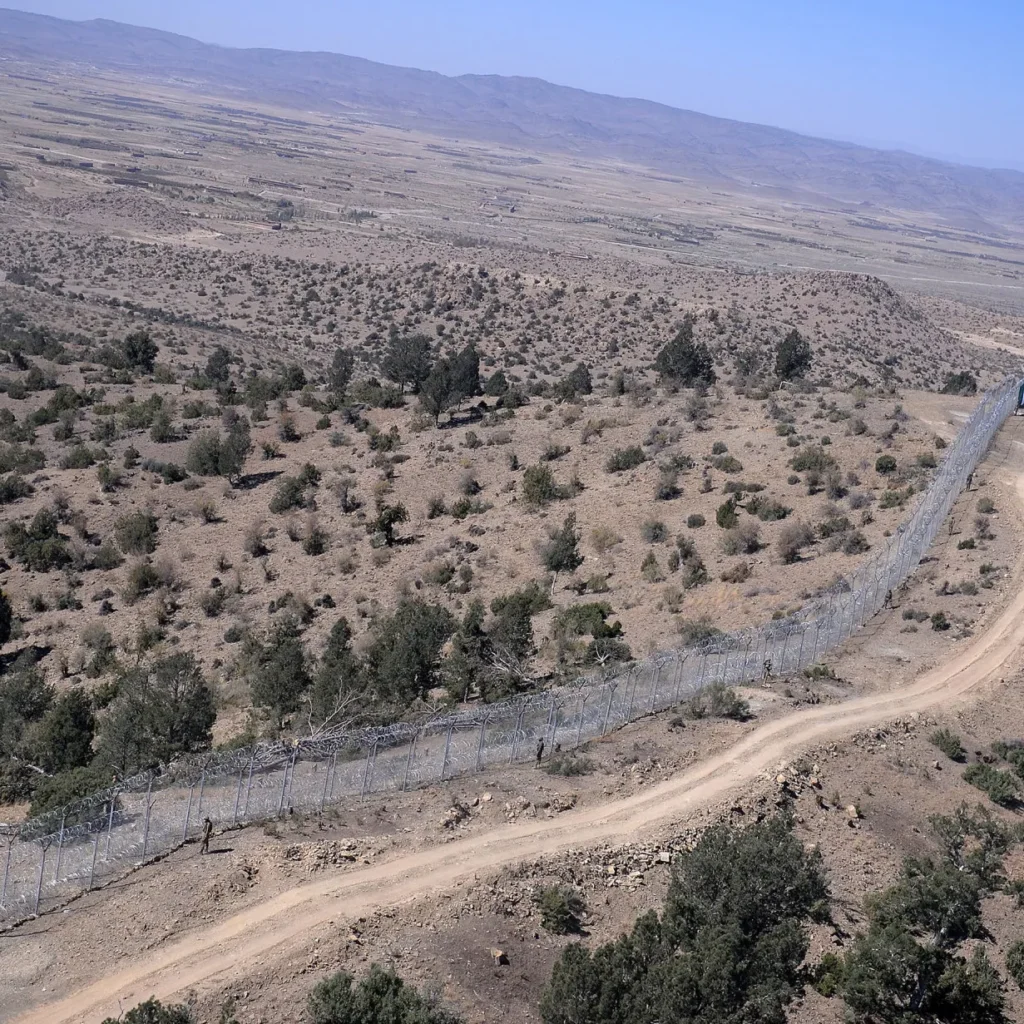
A tenuous ceasefire between Pakistan and Afghanistan’s Taliban regime has halted hostilities for now, but the calm conceals deeper fissures rooted in history, ideology, and regional rivalries. As cross-border tensions resurface, the decades-old dispute over the Border, the Taliban’s harboring of TTP militants, and India’s quiet re-entry into Kabul are reshaping South Asia’s most volatile frontier.
Beyond Words: Why Afghanistan’s Actions on Terrorism Will Define Regional Trust
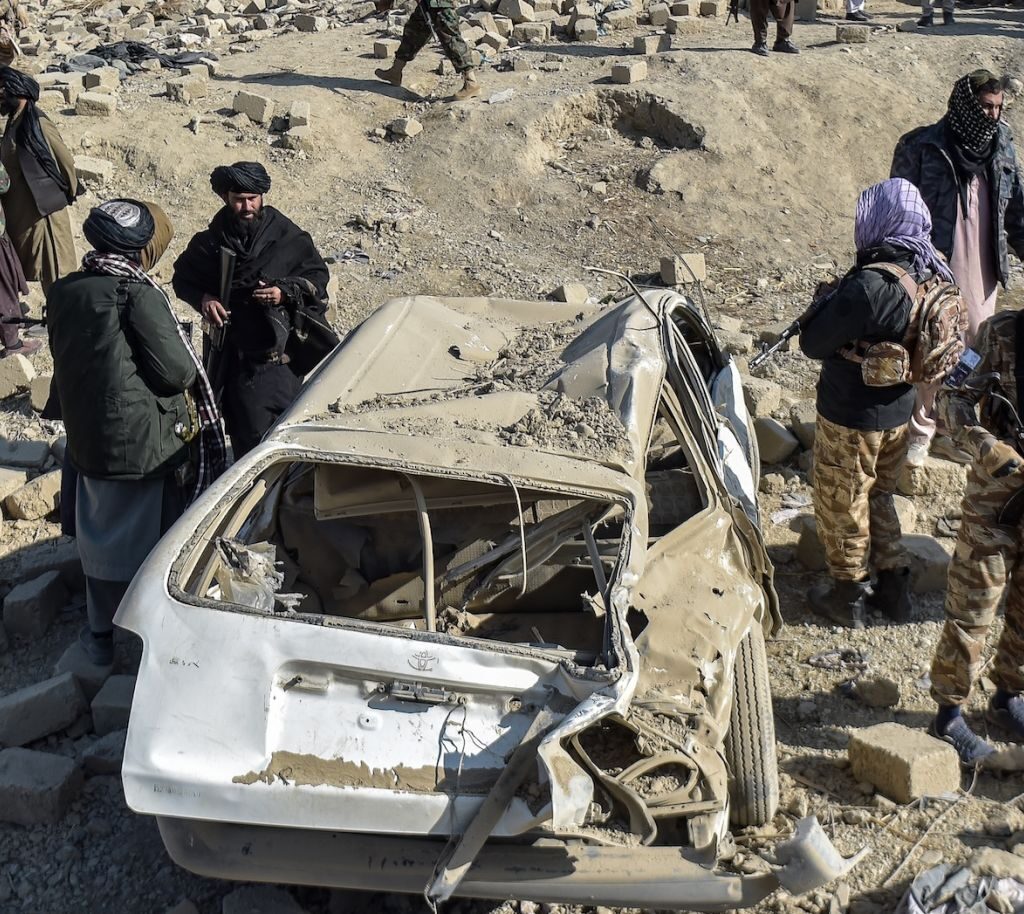
Kabul’s calls for dialogue sound promising, but the continued presence of TTP sanctuaries on Afghan soil fuels deadly instability in Pakistan. Until the Taliban translates words into decisive action against terrorism, any talk of regional trust will remain hollow.
